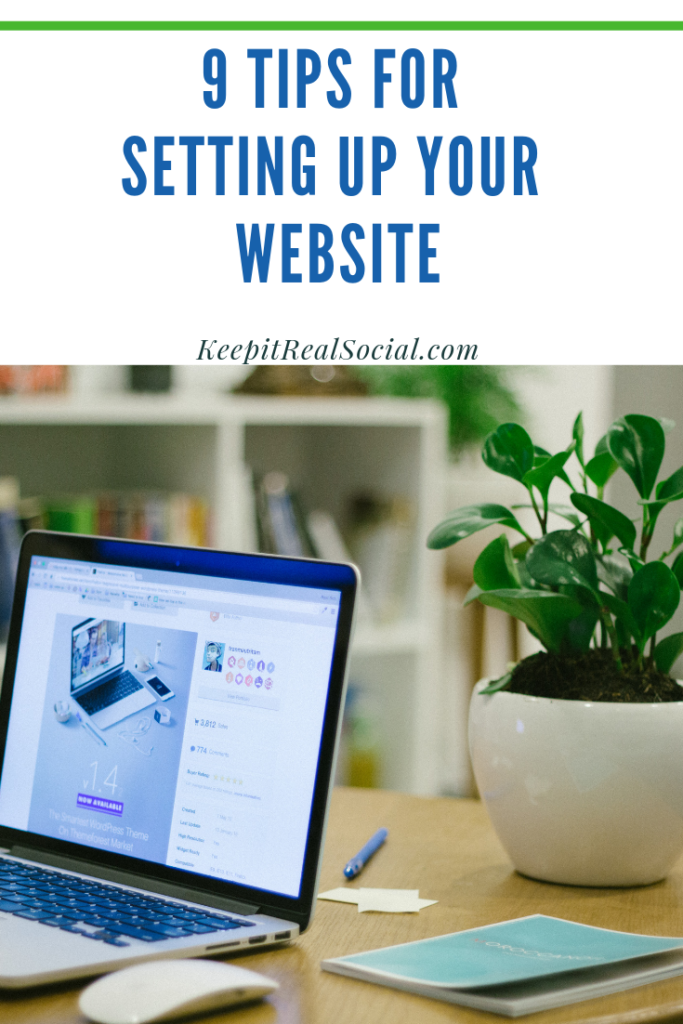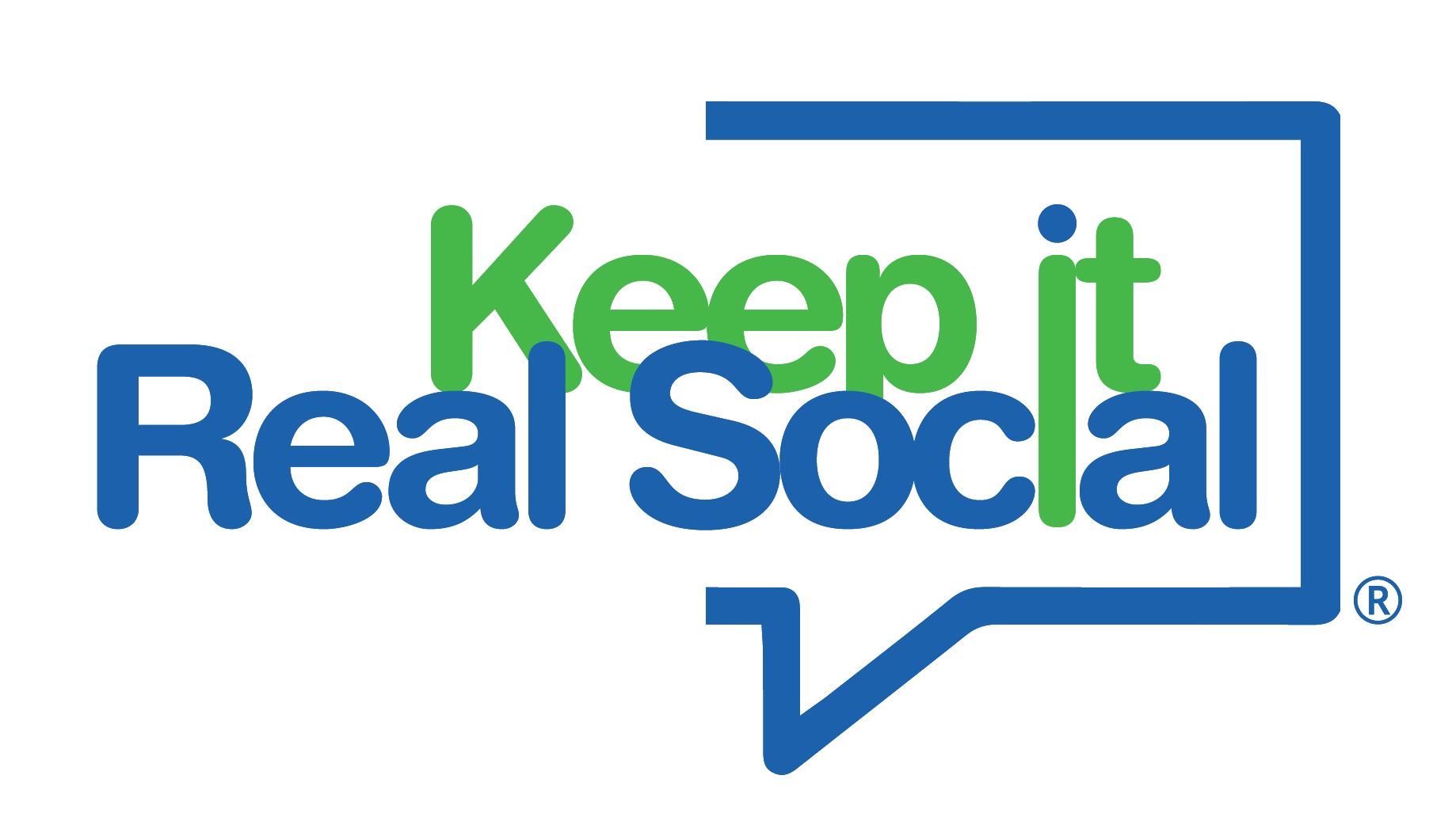
Your website is the most important marketing tool in your arsenal. It’s what clients will use to determine your credibility. It’s what they’ll use to find out your rates. It’s what they’ll use to learn about you. It’s what they’ll use to learn about your services. In many cases, it’s the primary way your potential clients will interact with you before they try your service.
So how do you make sure your website is top notch? How do you use your website to inform and sell? These tips will help.
Tip #1: Use a Professional Theme or Template
Choose a theme or design template that looks professional. Make sure you not only choose a professional theme but one that you can personalize. Choose one with a changeable banner or with customizable columns or colors.
You want to make sure your site doesn’t look like a hundred other sites out there that share the same theme. But you also want to make sure that you have a professional theme that’s already proven its merits in the marketplace.
Tip #2: Use a High-Quality Photograph
Have a professional photographer take a photo of you. A great photographer will be able to get the lighting, the posture, the angle and everything else right to give you an image that really shines.
Use this image on your website to demonstrate credibility. You can use it as part of your banner if you can make it look artistic or use it on your “About Me” page or on your sidebar.
Marketing researchers have long known that showing a face builds trust and credibility. In fact, on Facebook Ads, pictures of someone’s face generates more clicks than just about any other kind of ad.
Tip #3: Get Their Email Address
Get the email address of the people who land on your website. Not everyone’s going to buy on the first go around. They might come to your website, be very impressed with what they see – But intend to buy later.
If that’s the case, you’re much better off getting their email. That way, you can follow up with them again and again, even once they’ve already left your website and forgotten about your service.
Give them something in exchange for signing up for your emails. For example, entice people to sign up with a gift or free report.
Tip #4: A Personality Driven “About Me” Page
Your “About Me” page should help people get to know you. Not only should it be factual and informational, but it should be personality driven. People should get a sense of who you are, what you stand for and hopefully for a sense of your personality.
Talk about your background. Talk about the results you get for your clients. Talk about your credentials and what qualifies you to do what you do. Try to write in a personal, free flowing way. Avoid writing in corporate language. The goal is for your potential clients to feel like they know you a little bit once they read your About Me page.
Marie Forleo has a great about me page that now only shows her personality but is very focused on the visitor to the page.
Tip #5: A Crystal-Clear Service Page
Your service page should have a crystal-clear outline of all your services and product offerings.
If you’re just getting started, you should probably put prices for your services on your website. If you’re in a higher end market and you’ve been doing what you do for a while, you might ask people to contact you for a quote instead.
In either case, people should have no uncertainty about what you offer. If you’re a graphic designer for instance, you want to have packages for your logo design, your banner design, your website design and your flyer design services all clearly laid out on your website.
Tip #6: Have Samples
Your samples or are one of the most important parts of your online sales efforts. As great as your site is, as great as your testimonials may be, as great as your packages page may be, ultimately what clients will use to determine if they want to work with you is your past work.
Put up as many samples as you can on your website. Make sure you put your best foot forward by putting up samples that showcase the best of your capabilities.
If you don’t have any samples because you’re just getting started, consider doing some pro-bono work or just doing the samples for imaginary clients. The idea is that you want to have something to showcase, even if it’s not paid work yet,
Tip #7: Call to Action
One big mistake that a lot of service providers make is not having a call to action. A call to action is simply a request for someone to act.
If you’re selling a service that can be purchased on the spot, then you should have a purchase button right on your page. For example, if you sell 30-minute consultation calls for $100, then you should have a $100 buy button right on your services page.
On the other hand, if you do more custom work, your call to action might be a form. The form gives them the chance to tell you what they’re looking for and to give you their contact information.

Tip #8: Run a Quality Blog
Having a high-quality blog is a fantastic way to drive more traffic to your website, but don’t expect your blog to pay off for at least 3 to 6 months. In the beginning, it’s going to feel like a lot of effort.
But once you have a website that’s stuffed full of useful content, you’ll start to get a lot of traffic from search engines. That traffic will very quickly turn into more sales and more business.
Furthermore, having a high-quality blog will help you build credibility. People who see your blog are going to immediately feel that you’re a credible person to work with.
Tip #9: Optimize for Search Engines
Put some energy into optimizing your website for search engines. Make it your goal to have your site come up in the search engines when people type in keywords related to your niche.
Start by making your website search engine friendly. Make sure you use relevant keywords in your title tags. Make sure your archives and category pages are noindexed and nofollowed. If you’re using WordPress, use a tool like All in One SEO to handle all your on-site SEO.
Then build backlinks back to your website. Have other people in your industry link back to you. Ask past customers or fans of your site to link to you. Host contests run classes or do publicity stunts that get a lot of people to link to you.
These two things – On site and off-site SEO – Will quickly get your site to rank for relevant keywords in Google.
[interact id=”5c742333680d5d0014489570″ type=”quiz”]


